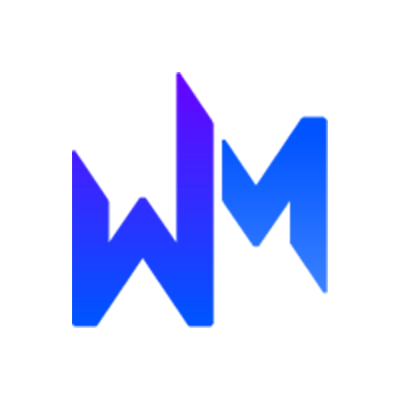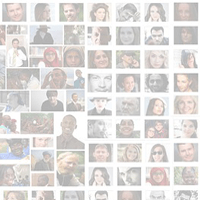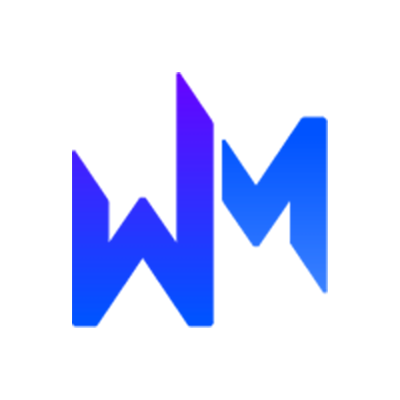Doing Facebook Hashtags the Right Way

If you're not using Facebook hashtags the right way, you're definitely using them the wrong way.
After what seems like years of speculation, Facebook finally announced that it now supports clickable hashtags. Facebook calls the addition the first step of "a series of features that surface some of the interesting discussions people are having about public events, people and topics." If you know how to use them the right way, hashtags can be so much more.
Few of the Facebook features released over the years have lived up to their hype and really transformed how social media power users interact with the network, but hashtags have the potential to change all that. Hashtags are essentially identifiers (denoted with the pound - # - symbol) that indicate a similarity of a content theme or interest. You've likely seen hashtags pretty much everywhere, as Facebook's own Instagram, as well as Twitter, Pinterest and, even, Tumblr support them. Hashtags are essentially just a way for users to scan strings of thought and see 'memes' without following everyone that is using the hashtag.
Hashtags are created by users and when clicked upon by others, and they can be linked to the entire conversation thread surrounding that hashtag. Hashtags present the perfect opportunity to follow a conversation, but more importantly, reply to others, interact, and drive engagement for your brand and its social media profile.
Hashtags on Facebook work pretty much the same way they do everywhere else - with a handful of exceptions. Let's explore what the differences in Facebook hashtags are and two tips for how you, as a social media power user, can leverage them to your advantage.
MONITOR: The first step if you're planning to fully maximize your hashtags on Facebook is to understand how they are currently being used - by your own followers and by those on the broader network. Start by searching for a hashtag. To do this, pick a keyword you'd like to see information about and append the pound symbol (#keyword), entering it into the Facebook search box. Searching for the hashtag will return updates from other Facebook members that you may not (yet) be connected to, providing an opportunity to ultimately connect (see the next section) with like-minded individuals and potential prospects for your own post. Searching regularly for hashtags related to your brand is also a valuable social listening tool. Hashtag research can provide an understanding of what's being talked about, shared and discussed - providing competitive insights and an advantage when it comes to creating your own updates, too.
Facebook, and other social media management tools, aren't yet providing any statistics (at least that we're familiar with) about #hashtag clicks, but if there's some use, count on it appearing in short order.
INTERACT: With a firm understanding of what hashtags are circulating, as well as the tone of those hashtags (positive, negative or neutral) you can and should start interacting with the people using them. To do this, like and share their posts and, if necessary, even make a clever comment related to it. Interaction is a fundamental element of success with social media - if you don't do it, someone else will. Put yourself out there in front of an audience that shares similar thoughts, experiences or beliefs and you're better positioned to receive a positive response.
Perhaps the most important thing to know about hashtags is that they exist. It will be important in the future to monitor their use related to your brand, interacting and engaging with the Facebook community as needed. Hashtags don't need to define your social media presence on the network, but they can definitely support it and in a very positive way.

Subscribe to Our Newsletter!
Latest in Social Media









